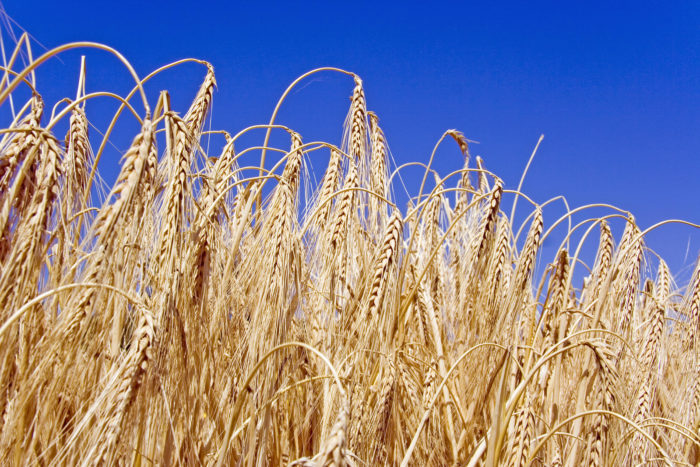Wood, Hay, And Straw
Please bear with me for a few minutes as I try to work something out—the following Bible passage about wood, hay, and straw:
For no man can lay a foundation other than the one which is laid, which is Jesus Christ. Now if any man builds on the foundation with gold, silver, precious stones, wood, hay, straw, each man’s work will become evident; for the day will show it because it is to be revealed with fire, and the fire itself will test the quality of each man’s work. (1 Cor. 3:11-13)
Since I read these verses a few weeks ago, I can’t get them out of my head. What kinds of material am I building with? Are my works those which will last, or will they burn up in God’s testing fire? Particularly, I’m thinking of my work as a writer.
I know many Christian writers like to say that in writing well, we glorify God, no matter if our story is about Christian things, either overtly or covertly. I know many more say, as a Christian, they simply cannot help but write “from a Christian worldview,” even though they don’t set out to do so.
But I tend to think that the gold, silver, and precious stones aren’t accidental works or generic ones that anyone, even a non-Christian, could claim.
To be honest, in the context of 1 Cor. 3, I’m not sure what work Paul actually was referring to—his own as he built up the churches, or the believers’ own works. But He brings up the subject later in the letter, and this time, I don’t think there’s any doubt:
Therefore, my beloved brethren, be steadfast, immovable, always abounding in the work of the Lord, knowing that your toil is not in vain in the Lord. (1 Cor. 15:58)
What qualifies as “work of the Lord”? Evangelism? Edification of the Church? Displaying the fruit of the Spirit?
And how much of my time is dedicated to the “work of the Lord”? These seemed like easier questions when I was teaching in a Christian school, especially with the emphasis on Biblical integration our administration stressed.
But now?
Is my work as an editor for a non-Christian writer, a “work of the Lord”? Oh, some might say, it can be. But in what way? How do I do anything more than give the best editing job I know how to do—which may, but probably won’t, give me opportunity to say anything about my faith?
The actual writing, for me, is easier, because I want to make my fiction a “work of the Lord.” I want to make it possible for readers to be stirred, to see beyond the entertainment to the greater Story. For me, that’s a labor of love.
But is it “necessary”? Is anything short of writing with intention to reveal God in some aspect of His character, wood, hay, and straw? How do we writers judge if we’re laying atop the sure foundation of Jesus Christ that which is imperishable?
Sorry I don’t have any answers to all these questions. All I have is this uncomfortable feeling that I give myself too much credit—that what I think is gold, just might be wood, hay, or straw.
————————— X X X X X ——————————

Announcement: next week we’ll once again hold our Spec Faith Summer Writing Challenge, so carve out a little time in your writing schedule and join in.











































It appears to me that in the context, Paul is not talking about individual believers’ works as being the “building materials” of their own lives and testimonies, but rather about how believers contribute to building up the church. The foundation of the church is Jesus Christ, and the apostles and prophets built upon that; now others are contributing to the life and work of the church in ways that may either be of lasting value and find a reward in eternity (gold, silver, precious jewels), or may prove to be worthless (wood, hay, stubble).
However, I think it’s still worth asking ourselves if what we are doing as writers is actually building up the church and contributing to the work of discipling, equipping and encouraging fellow believers, or whether our writing is really just “building” our own reputation for our own pleasure and glory. And I think that’s a question we have to keep asking ourselves on a regular basis, with every new story or novel we write.
OK, I really like this explanation, RJ. Thanks. I think it fits with the 1 Cor. 15:58 passage too. And with what we as writers—or believers of any stripe—must consider. Really good stuff. Thank you!
Becky
I agree with R. J.!